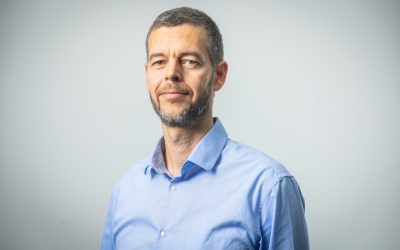Recent incidents of pipe cracking in nuclear power plants in France, Belgium, and Slovenia have highlighted the deficiencies in the monitoring and predictive capabilities of preventive maintenance programs within the nuclear industry. These shortcomings impede the...
Dr. Muhammad Shahid Arshad
Project Overview: The objective of this PhD project is to investigate the application of magnetic-field-assisted 3D printing technology for the fabrication of next-generation multipole magnets with improved performance and efficiency in electric motor applications....
Dr. Tomaž Tomše
Dr. Aljaž Iveković
Prof. Dr. Danjela Kuščer Hrovatin
Chemical contamination of food is a major public health risk worldwide, causing mild to severe symptoms in humans and contributing to bacterial resistance. The topic of the PhD study is the development of materials and test sensor structures for the rapid and...
Assist. Prof. Dr. Sašo Gyergyek
Catalysts are involved in about 80% of all chemical transformations that we as a society relay on. An efficient and stable catalyst is therefore crucial for obtaining the necessary compounds. Among other measures, the so-called electrification of chemical industry and...



